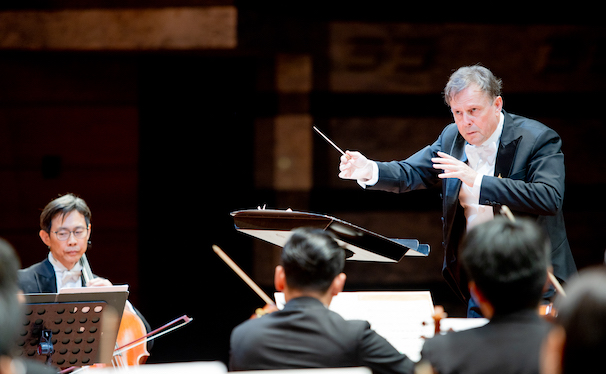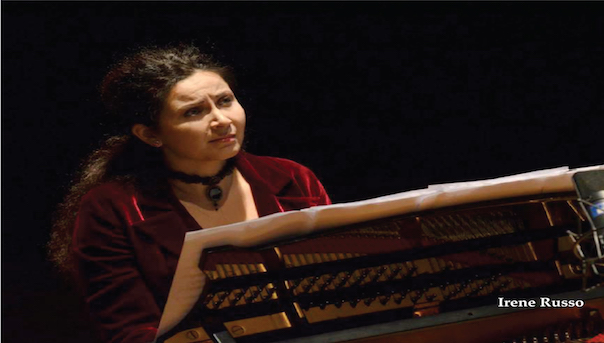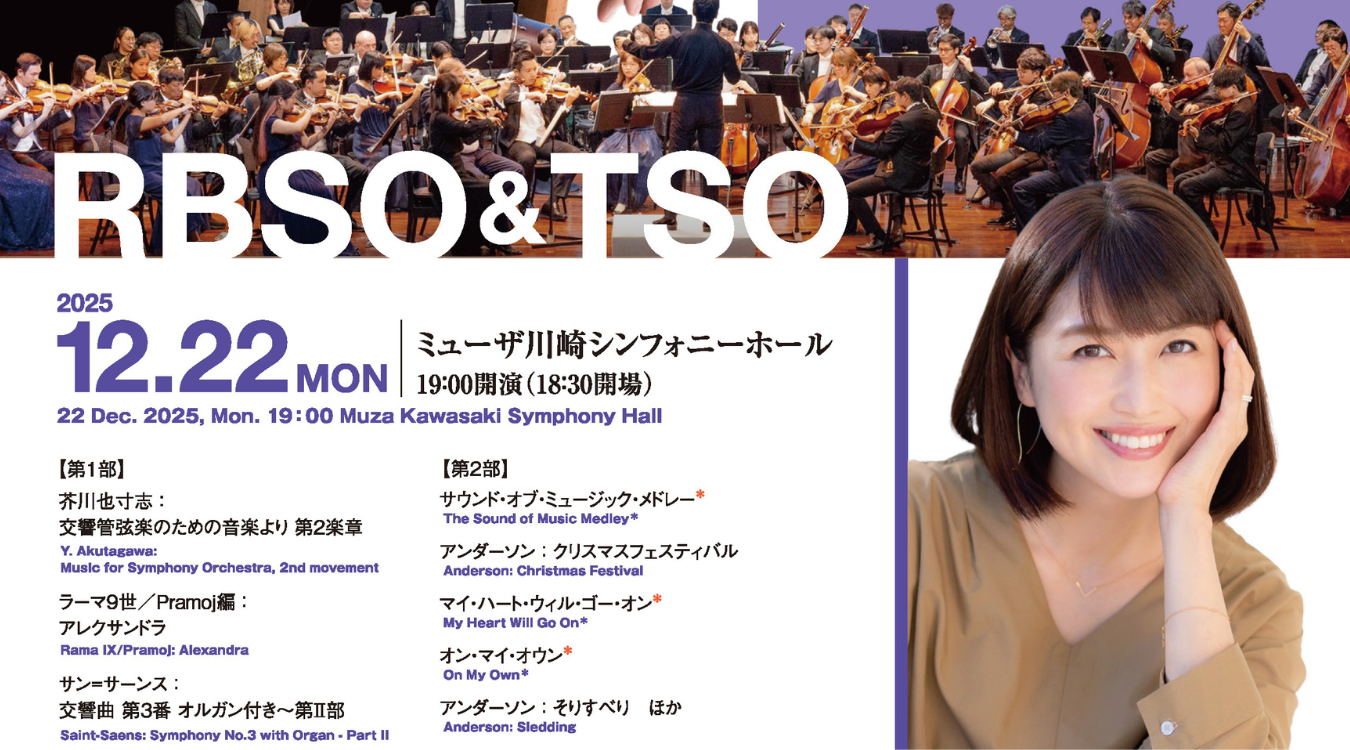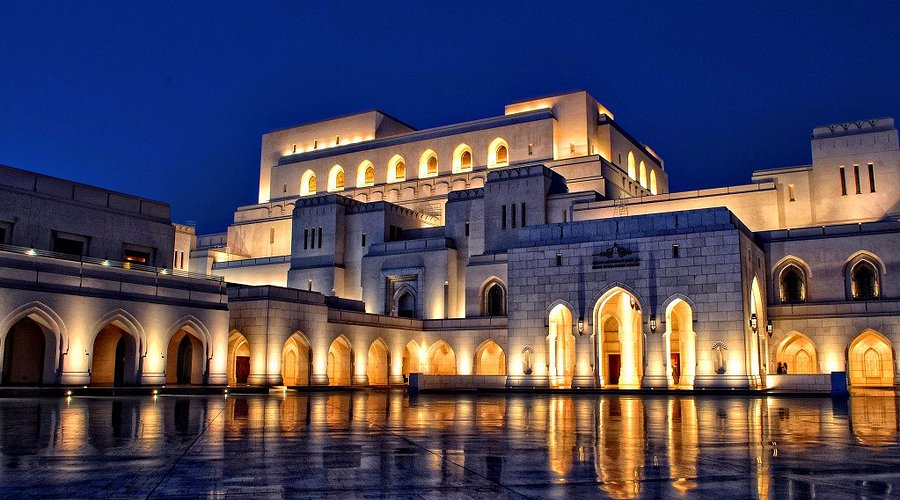

Two genuine ‘concerto’ titans of the orchestral repertoire are presented in this concert, contrasting two of music history’s most impressive composers – the romantic German genius Brahms and the modern Hungarian innovator Bartók. Brahms’ Piano Concerto No. 2 is a massive expanse of grand structure and ravishingly beautiful harmony and melody. Always self-critical, he spent three years working it out, completing the opus in Vienna in 1881. He wrote to his beloved colleague Clara Schumann: "I want to tell you that I have written a very small piano concerto with a very small and pretty scherzo." Of course, what he was describing was the complete opposite of this in terms of scale, and the concerto was a huge success when Brahms himself premiered the work with the Budapest Philharmonic Orchestra in 1881, subsequently performing it in many other European cities. The sublime slow movement has a big cello solo, most probably suggested by the parallel moment in Clara’s own piano concerto. Bartók’s ‘concerto’ is for the entire orchestra, maximising to the full the virtuosic potential of every instrumental section. One of his last and most accessible works, its brilliance is impossible to resist.
A14
Two genuine ‘concerto’ titans of the orchestral repertoire are presented in this concert, contrasting two of music history’s most impressive composers – the romantic German genius Brahms and the modern Hungarian innovator Bartók. Brahms’ Piano Concerto No. 2 is a massive expanse of grand structure and ravishingly beautiful harmony and melody. Always self-critical, he spent three years working it out, completing the opus in Vienna in 1881. He wrote to his beloved colleague Clara Schumann: "I want to tell you that I have written a very small piano concerto with a very small and pretty scherzo." Of course, what he was describing was the complete opposite of this in terms of scale, and the concerto was a huge success when Brahms himself premiered the work with the Budapest Philharmonic Orchestra in 1881, subsequently performing it in many other European cities. The sublime slow movement has a big cello solo, most probably suggested by the parallel moment in Clara’s own piano concerto. Bartók’s ‘concerto’ is for the entire orchestra, maximising to the full the virtuosic potential of every instrumental section. One of his last and most accessible works, its brilliance is impossible to resist.
วันที่
02 มิถุนายน 2565
เวลา
19:30
สถานที่
Thailand Cultural Centre, Main Hall
Orchestra
RBSO
Conductor
Michel Tilkin
Soloist
Irene Russo, Piano
Programme
Johannes Brahms:
Piano Concerto No. 2 in B-flat major, Op. 83
Béla Bartók:
Concerto for Orchestra
Back to Top
Back to Top


